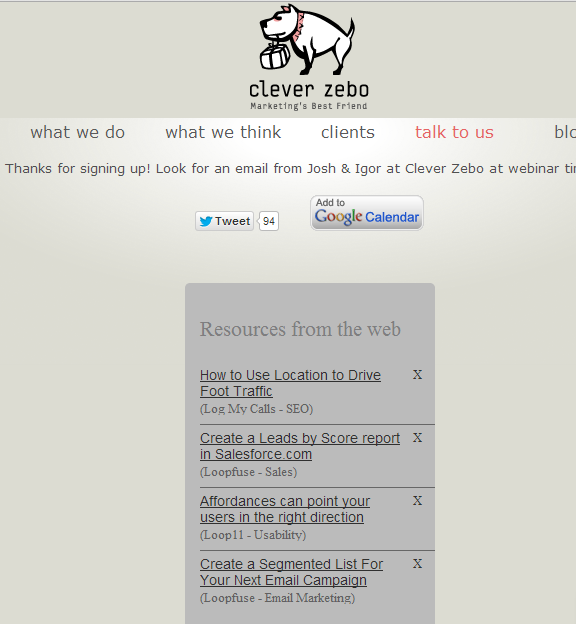Studies show, time and time again, that what the Internet says about your company matters. Due to the advent of the mobile Web, to say nothing of online review sites like Yelp.com and search engines like Google and Bing, it is easier than ever before for consumers to do their homework, checking up your brand on the Web — and most consumers are more than willing to do this due diligence. Before doing business with any company, Internet users are extraordinarily likely to check out that company on Google; for example, the most recent Local Consumer Review Survey indicates that 72 percent of all consumers place more stock in online reviews than they do recommendations from personal friends and family members! More than half of consumers say that reading positive reviews makes them more likely to do business with a particular brand.
All of this suggests that what the Web reveals about your enterprise matters — that it could really prove make-or-break. With that said, there are numerous online threats that could befall a company; not for nothing has the Internet been compared to the Wild West, where anything goes and anything can happen. The best way for companies to protect themselves against online attack and defamation is to know what the threats are — and how best to respond to them.
Online Reviews
Consumers place a great deal of trust in online reviews, as the Local Consumer Review Survey statistic makes plain. And because many online review sites, such as Yelp.com, rank high within search engines, your company’s online reviews will likely be among the first things a potential client or consumer sees when Googling your company. If all of your enterprise’s reviews are positive ones, then you are in good shape — but of course, there is no way to ensure that reviews remain positive. Negative reviews can appear at any time, and they can originate with unhappy or unreasonable consumers; with disgruntled employees; and with rival companies.
A glut of bad online reviews can utterly destroy your business’ online reputation, and while you cannot prevent bad reviews from happening, you can effectively dilute them. A single bad review does major damage when it is one of just two or three reviews your company has to its name; if it is one bad review to a hundred positive ones, though, you are in much better shape. Try these action steps:
- Actively court positive testimonials. Ask your best clients to give you some feedback.
- Make it easy for satisfied customers to find you on Yelp, and tell them how much their feedback means to your business; include a link to your Yelp page on your corporate website.
- Consider offering discounts or promos for those willing to leave positive feedback.
- Include a note on invoices and receipts, asking happy clients to provide you with some feedback.
Unscrupulous Attack
We mentioned that, sometimes, your business may find itself attacked by other companies, by unhappy employees, and by unreasonable customers. Sadly, this is true; on the Internet, people can say whatever they want about your company — even if it is untrue, unwarranted, or even outright defamatory. For example, a business rival may plant fake negative reviews about your company. The temptation is likely going to be issuing a response, but in many ways, this is a bad move. Responding to a negative review draws more attention to it, and causes it to gain in its search engine standing; better to focus on suppression, building up that cache of positive feedback.
Another unscrupulous online tactic: Business rivals may buy phantom domains — i.e., if your company is called XYZ Widgets and your website is XYZWidgets.com, a rival business may buy XYZWidgets.org. This domain will rank high in a Google search for your company, and your business rivals can use the domain to make you look bad, perhaps filling the doppelganger domain with bad reviews or claims of fraudulent activity. The best ways to avoid this:
- Buy up all of the matching domains for your company now; even if you do not use them all, you can prevent them from being used against you!
- Do likewise with matching social media accounts; the last thing you need is an embarrassing, fake company Twitter account that you cannot control!
- Make sure that you own not only the .com, .org, and.net domains that match your brand, but also that you own matching domains for the name of your chief executives.
PR Problems
Finally, it is crucial to note that not all online attacks come from without; sometimes, there can be an unfortunate happening or PR meltdown within your company, which leaks out onto the pages of the Internet and causes you embarrassment and bad buzz. Once more, there is no way to prevent this from happening — but you can develop a crisis management plan, to be prepared, at the drop of a hat, to go on the offensive.
- Compile several strong, compelling press releases and blog entries, highlighting positive assets of your company. Have these ready to deploy as soon as a PR snafu occurs; these positive assets will help move the spotlight off of the negatives and onto the positives.
- Make sure you have an account and a good working relationship with PRWeb, so that you will be fully prepared to take action.
- Make sure that you have Google Alerts set up for all of your branded terms, to ensure that you know the minute a PR disaster strikes — and, to make certain that you can respond promptly.
At the end of the day, the Internet really is something of a Wild West scenario, and small companies can never be too sure of what to expect — but they can prepare for most all contingencies, and do what is necessary to defend their online reputation.
Before becoming President and COO of www.reputationchanger.com, Mike Zammuto worked with a number of leading Internet companies. Reputation Changer offers a variety of online reputation management services.


